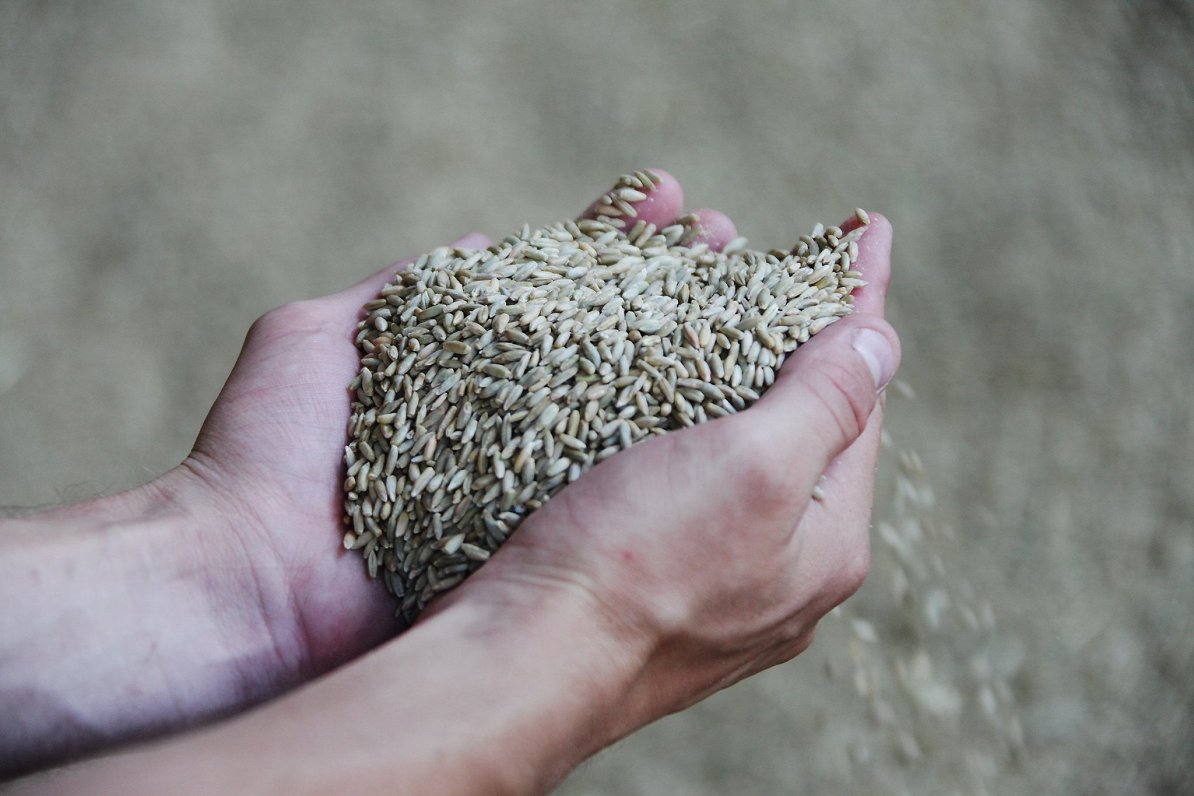69 deputies voted in favor of these amendments to the Agriculture and Rural Development Law, 9 voted against, but none abstained.
Latvia is the first European Union country to impose restrictions on the use of agricultural products originating in Russia and Belarus.
Amendments supported by the Saeima prohibit the import into Latvia of agricultural and fodder products from Russia and Belarus, as well as the import into Latvia of agricultural and fodder products originating in Russia or Belarus from other third countries.
Within 14 days from the date of entry into force of these amendments, the government shall determine in the regulations a list of specific products that are prohibited from being imported into Latvia.
The ban has been imposed until July 1, 2025.
Importation within the meaning of these amendments to the Law shall be understood as a release for free circulation or inward processing or final consumption of products, except if the products are imported to be supplied to the consignee in another Member State with exemption from value-added tax.
The government has been instructed to submit a report to the Saeima by March 1, 2025 on the impact of this ban on the national economy and, if necessary, to submit any changes to the regulatory enactments to the Saeima.
Agriculture Ministry figures show that in the first 10 months of last year, Russian agricultural and feed products imports into Latvia accounted for 280 million euros or 12% of total European Union (EU) imports from Russia, taking second place among EU Member States.
The annotation indicates that the purpose of the changes is to prevent the budgets of the aggressor countries and their companies from generating additional revenue from exports of their products to Latvia, which promotes opportunities for the continuation of the war in Ukraine.
Both Russian and Belarusian agricultural and fodder products will continue to transit Latvia, or they will be transported further to other European Union countries after customs clearance. Only 1.4% of Russian and Belarusian grain remains for domestic use in Latvia, while there is no such data for fodder.
Members of the National Alliance criticized the bill, saying the amendments to the law proposed will reduce Russian grain imports into Latvia by only a tiny fraction and are more bureaucratic than bold political decisions and “imitation of activity.”


























